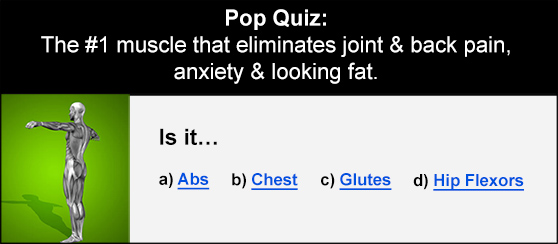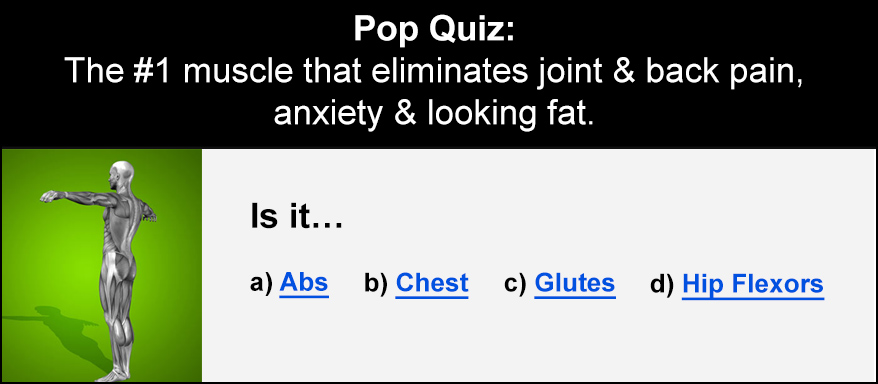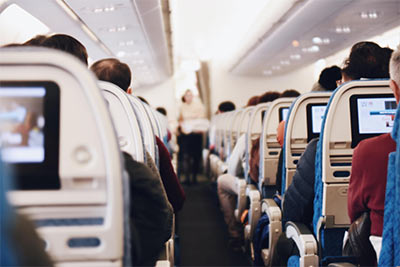
If you are a traveler, of have done any amount of travel, you may have experienced jet lag at some point. Sometimes the amount of hours spent traveling and the times at which you travel can make jet lag seem a lot worse, causing you a few “lost days” till you feel like yourself again. So what can you do or how can you reduce either the intensity of jet lag symptoms, or better yet avoid it all together?
To understand better what we may be able to do to counter the symptoms of jet lag, let first clarify what jet lag is. You are probably already familiar with what circadian rhythms are. In case you don’t know, your circadian rhythm is your body’s natural “internal clock,” that is essentially “tuned in” to the 24 hour cycle that we live by. So depending where on the planet you live, as in what time zone you reside in, your body is tuned in to the hours of daylight, the hours of night time and this all syncs with your regular routine so you that you have, somewhat, of a built in clock. For example, how many of you can wake up at almost the same time every morning without setting an alarm? If you are very militant with your schedule and routine, your body is probably already preset. If you work shift work or really do not have a regular pattern of when you wake and when you call it a night, your internal clock may not be as finely tuned. However, you can hopefully appreciate what I’m saying here.
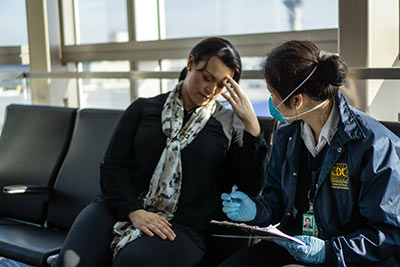
So when it comes to traveling, particularly when crossing time zones, our circadian rhythm can be affected. Now clearly, traveling to a time zone with a 2 hour difference will not have the same kind of impact on your circadian rhythm and how you feel, as does traveling across the prime meridian where you may be entering a time zone with a 12-16 hour difference. THAT can be quite the adjustment for your body to sync with.
What does jet lag feel like? That can vary from person to person as well as how long it may affect you. I know people who have travelled the world several times and do not seem to be too terribly affected by symptoms of jet lag … or maybe they are just pros at knowing how to lessen the impact of jet lag. Myself? Well, I have done a ton of traveling worldwide and what I’ve found is that while I might have a day or 2 of feeling completely exhausted when I arrive at my destination, I always had a much harder time adjusting and was much harder hit by jet lag symptoms when I returned home; no matter where in the world I was living at the time. Weird, right?!
Some of the more common symptoms associated with jet lag include:
feeling unusually lethargic
tiredness/ fatigue
irritability
feeling slightly disoriented and confused
minor gastrointestinal issues, including upset stomach and diarrhea
insomnia
For most people, jet lag symptoms are pretty mild, so it is important to be really aware if you are feeling extremely ill. If this is the case, you are likely experiencing symptoms associated with something else like a flu virus or cold and traveling can definitely exacerbate these.
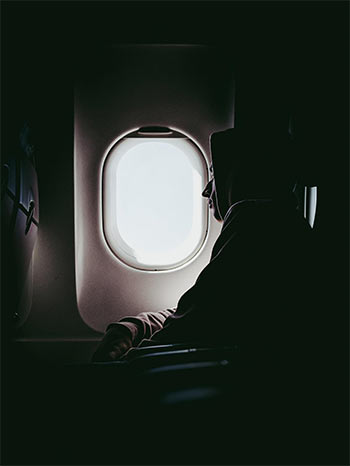
When it comes to fighting off or reducing symptoms of jet lag there are a few things you can do that may help. These include the following:
Sleep on the airplane.
This is not always ideal, considering the limited room nowadays on airplanes, not to mention you are basically stuck in a tube with many, many other people so there will be sounds, chatter and light from people reading or doing work. So while not ideal, if you are able to get comfortable and relax, being able to catch a couple Z’s on your flight can do really help.
Be selective when choosing your flights.
You may not have a ton of options here, but if you are able to, choosing a flight that is a nighttime flight, especially when looking at a long international flight, that arrives early in the morning can really help to minimize jet lag symptoms. For one, you may be more likely to sleep during the better part of your flight, due to the fact that your body is already tuned in to it being nighttime and that you should be sleeping. Second, arriving in the morning can help get your internal clock set more quickly because, it is the start of the day and you may be able to begin this day with more energy than had you arrived in the late hours of the evening. The best thing to do is to get yourself to your accommodations and try to get into the rhythm of the day to help reset your body to a new schedule.
Just say “NO,” … to alcohol that is.
Avoiding alcohol and also caffeine a good day prior to traveling. These beverages can interfere with your sleep and why would you want to sabotage a good nights sleep before traveling and possibly increase your potential of having unpleasant jet lag symptoms?

Start priming your internal clock a couple days early.
I don’t know many people who plan a big or long trip very last minute so chances are you have at least a couple weeks notice about your trip. Knowing this and knowing the time zone you are traveling too, you may want to start waking & going to sleep a couple hours off your “normal” home routine to help make the adjustment easier when you arrive at your destination. I have to say … this is the one tip I use regularly that helps me the most.
Eat when the locals do.
Apparently, ignoring your hunger cues which will be driven my YOUR normal home routine, and scheduling meal times to adjust to your new time zone are a great way to reduce jet lag symptoms. One study found that doing this had a tremendous influence on easing jet lag for travelers.
Traveling is a great way to experience our world and different cultures. However, the adjustment to being in a new country can wreak havoc on your system. Rather than doing away with travel adventures, take some time to prepare for long distance travel so that when you do arrive in a new land, you’re not losing any days sleeping away your holiday because you feel horrible.





